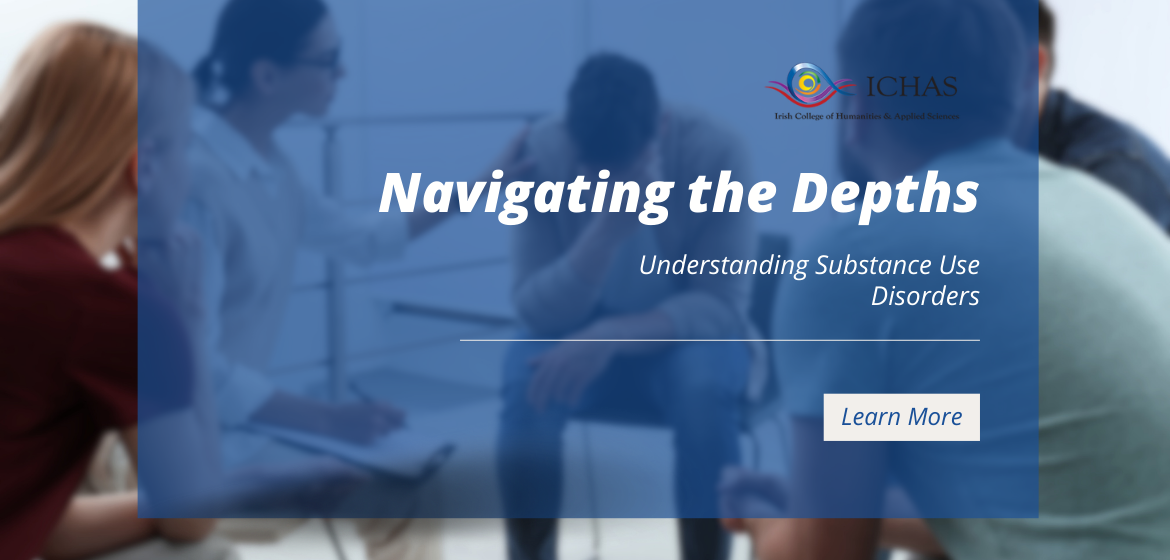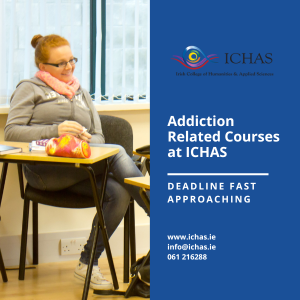
Navigating the Depths: Understanding Substance Use Disorders
Substance use disorders (SUDs) represent a complex and multifaceted challenge that touches the lives of millions worldwide. From alcohol and tobacco to illicit drugs and prescription medications, the grip of addiction knows no bounds, leaving a trail of devastation in its wake. In this in-depth exploration, we delve into the intricate landscape of substance use disorders, shedding light on their profound impact and the critical role of education in addressing this pressing public health issue.
The Nature of Substance Use Disorders
At its core, a substance use disorder is characterised by a pattern of harmful use of a substance, leading to significant impairment or distress. What begins as recreational use or experimentation can quickly escalate into dependency and addiction, as the brain’s reward pathways become hijacked by the substance’s effects. Chronic substance abuse alters brain chemistry, leading to tolerance, withdrawal symptoms, and compulsive drug-seeking behaviours that dominate every aspect of an individual’s life.
The Toll on Physical and Mental Health
Substance use disorders take a devastating toll on both physical and mental health, wreaking havoc on the body and mind. From liver damage and respiratory problems to cognitive impairment and psychiatric disorders, the consequences of substance abuse can be far-reaching and long-lasting. Co-occurring mental health conditions, such as depression, anxiety, and trauma-related disorders, are common among individuals with substance use disorders, further complicating their treatment and recovery journey.
The Impact on Families and Communities
The ripple effect of substance use disorders extends far beyond the individual struggling with addiction, impacting families, communities, and society at large. Loved ones may experience profound emotional turmoil, financial strain, and social isolation as they grapple with the consequences of their loved one’s addiction. Children of parents with substance use disorders are particularly vulnerable, facing increased risk of neglect, abuse, and adverse childhood experiences that can have lifelong consequences.
The Stigma Surrounding Addiction
Despite growing awareness of mental health issues, stigma surrounding addiction remains a significant barrier to treatment and support. Misconceptions about addiction as a moral failing or lack of willpower can perpetuate shame and self-blame, preventing many individuals from seeking help and support. Education plays a crucial role in challenging these stigmatising attitudes and promoting empathy and understanding towards those struggling with substance use disorders.
The Power of Education in Addiction Studies
Education in addiction studies provides a comprehensive understanding of substance use disorders, their underlying mechanisms, and evidence-based treatment approaches. Courses in addiction studies cover a wide range of topics, including the pharmacology of drugs, the psychology of addiction, and the social determinants of substance abuse. Through rigorous academic study and practical training, students learn how to recognise the signs of substance use disorders, provide compassionate and effective care, and advocate for policy change.
Empowering Change
By raising awareness and promoting education in addiction studies, we can empower individuals, families, and communities to address this pressing public health issue. Through prevention initiatives, treatment programs, and harm reduction strategies, we can reduce the burden of substance abuse and improve the lives of those affected by addiction. If you’re interested in learning more about addiction studies and how you can make a difference in the fight against substance use disorders, consider exploring courses offered by reputable institutions. Together, we can navigate the depths of addiction and build a healthier, more resilient society for all.

If you want to learn more about substance use disorders the M.A. in Addiction Recovery covers this topic and will be of interest to those who have responsibility for delivery and implementation of addiction services. You can learn more about this programme today.























